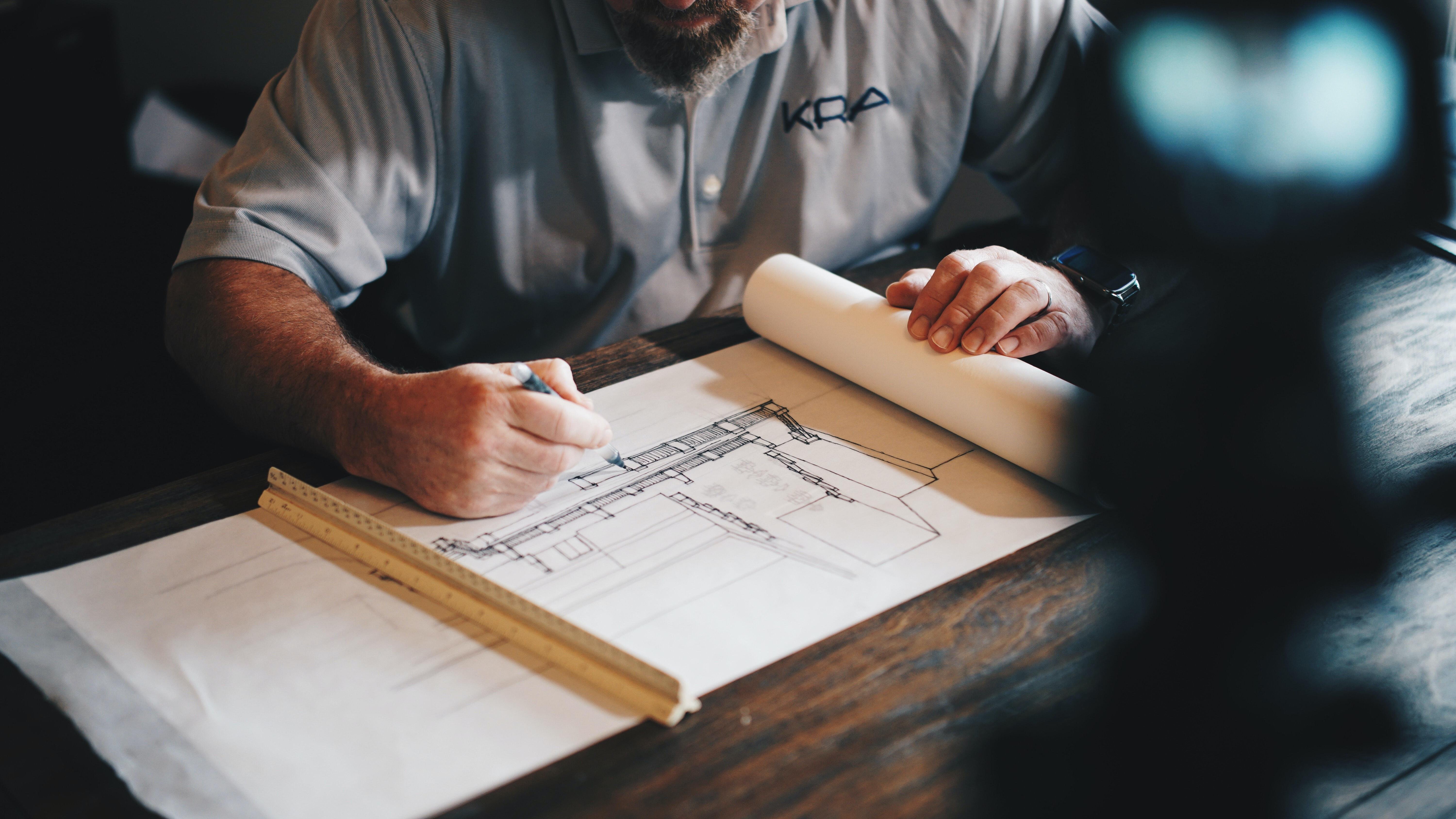Published on October 24th, 2023
What Happens During Your Home Assessment
A home assessment involves an accredited contractor spending 2-3 hours assessing your home and talking to you about your priorities for eco-home improvements. (A cup of tea isn't mandatory!)

A home assessment involves an accredited contractor spending 2-3 hours assessing your home and talking to you about your priorities for eco-home improvements.
The information they compile will go on to form your Furbnow plan and details the jobs you need to be carried out, their cost, and the timeframes for putting them in place. We can then arrange the work to be carried out for you or can leave it with you.
We spend a lot of time talking about home assessment but what exactly does one consist of?
Although on the main, it’s a surveyor taking a look around your home and talking to you there’s also a few other things going on to make sure we give you the most accurate plan you can get.
And don’t worry, you won’t need to clean the house for them.
Contents:
- Booking an assessment
- Completing your questionnaire
- What to expect on assessment day
- What you get in your plan
Read: How retrofit works with other home renovations
1. Booking an assessment
Booking an assessment: your first step towards a healthy home. This just involves giving us some light information about your house, including the number of bedrooms (and how soon you want to start!). The cost of an assessment is based around the size of your property.
You can book an assessment here if you like.
2. Completing your questionnaire
Because a home is an extension of yourself it’s important we get to know more about your relationship with it. So before our surveyor visits we ask that you complete a quick questionnaire to give them an idea of what you’re looking for (and help speed up the visit).
It asks you the logistical stuff like how many people you live with, and the more aspirational questions like what you like most and what you like least about your home. We also want to know what’s important to you when it comes to home improvements, is your focus on being more comfortable in your home, or are you driven more towards environmental improvements?
This sets the precedent for what our surveyors look for when they visit.
Read: What could a whole house retrofit do for you
3. What to expect on assessment day
A cup of tea isn’t mandatory, we know how much energy the kettle uses. But asking the surveyor lots of questions is definitely encouraged so you have a good sense of where your home can be improved. Although bear in mind their speciality is in retrofit, so they might not be able to answer questions about a south facing skylight or choice of Farrow and Ball paint. They can certainly answer your logistical questions about potential work though.
Here’s what you can expect to do down on the day of the assessment:
- The session will kick off with a chat about your home
The surveyor will ask questions about your ambitions for your home, how long you’d like the work to take and the kind of budget you have to work with. They’ll also give information on the kind of disruption the work would cause and what the work would look like.
Read: From heat-pumps to insulation: 5 ways I can reduce my bills for good
- They’ll then carry out the inspection of your home inline with retrofit regs
This is formally known as the Standard Assessment Procedure (SAP) and gives the surveyor a detailed breakdown of the energy efficiency in the house. SAP looks at how much energy your property is using when providing a specific level of warmth and comfort. It breaks this down by room, provides a rating which also takes into account your fuel costs and the emissions of your home.
The surveyor will also do a ventilation report that’ll look at things like windows and cavity’s to see how much water and air is passing though your home.
This all takes about 2-3 hours, and the surveyor can show themselves out so you can get on with your day.
Read: The benefits of a warm, healthy home
4. What you get in your plan
Once we have this information we’ll send it back to you as part of your home energy dashboard. This looks at:
- Your current energy efficiency, house value, carbon emissions and what work needs to be carried out
- The level of improvement you can achieve in terms of energy efficiency, carbon emissions and house value
- It lays out the scope for the work needing to be carried out and shows you the time frames for the jobs.
You can then choose if you want to carry out the work through us or through your own contractors, or if you want to carry out the work at all. At least you’ll know where you stand
Book a home assessment and start your journey to a healthier home with Furbnow.
Written by

Nick Begy